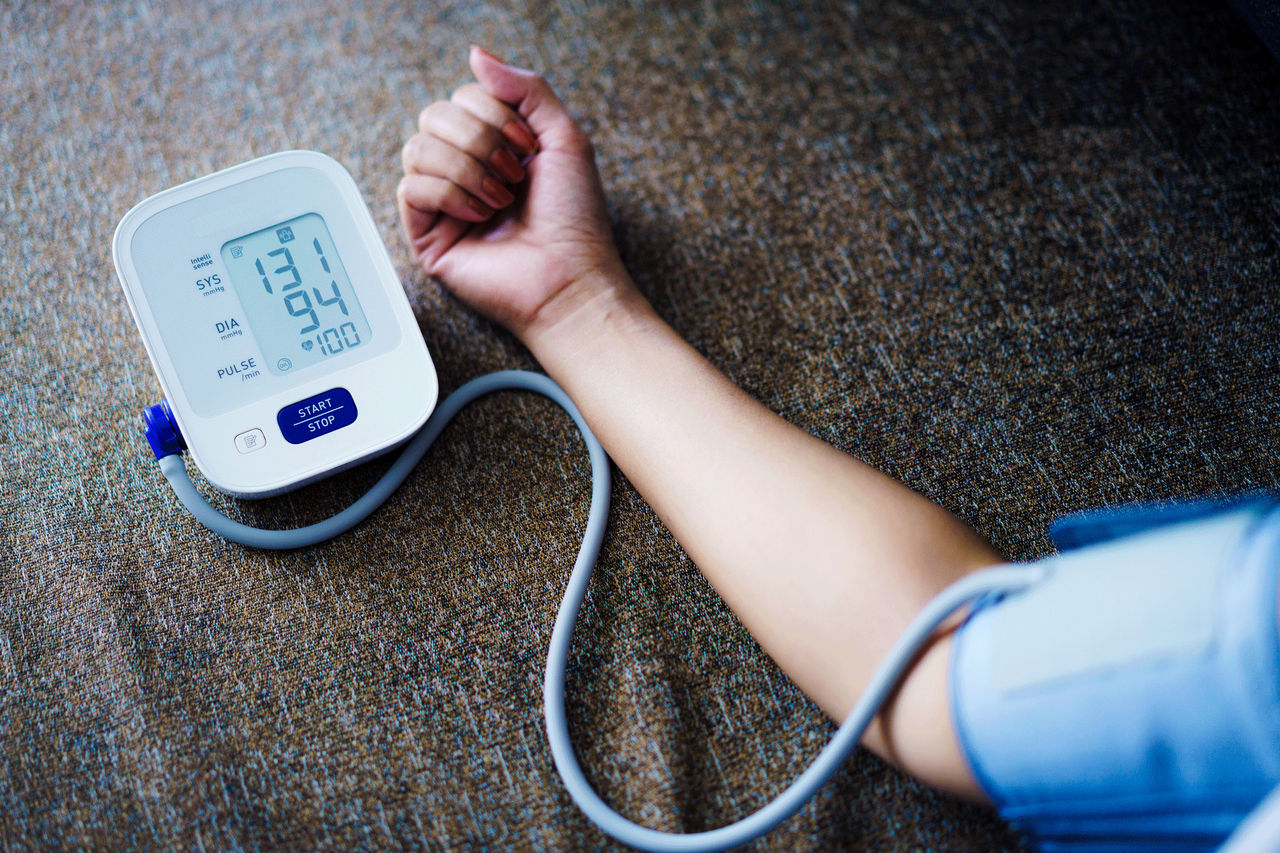Blood Pressure Medicines May Reduce Risk of Dementia

High blood pressure damages small blood vessels in your brain, but lowering your blood pressure might help protect you from dementia and Alzheimer's disease.
Dementia is the disease Americans fear above all others — even more than cancer and heart disease. What if there were something you could do to reduce your odds of developing memory loss as you age?
An analysis of five studies on the subject published in the European Heart Journal suggests that keeping your blood pressure under control could be an effective way to ward off dementia. The study was part of an international research project called the Dementia rIsk REduCTion (DIRECT) collaboration, which has been exploring the effects of lowering blood pressure on memory and thinking ability.
Researchers followed more than 28,000 people (average age 69) from 20 countries for an average of four years. All the studies evaluated were placebo-controlled, in which some of the participants received a sugar pill while others received blood pressure medication. The studies were also double-blinded. Neither the researchers nor the participants knew what treatment was being given, which lessened the chance of biasing the results.
In participants with high blood pressure, lowering the numbers by 10/4 mm Hg led to a reduction in dementia risk. The more that blood pressure dropped, the greater the reduction in dementia risk.
Under the most recent guidelines, your blood pressure isn’t normal unless it’s lower than 120 systolic and 80 diastolic. In between, your blood pressure could be elevated (120-129/less than 80) or in stage one of hypertension (130-139/80-89).
YOU MIGHT ALSO LIKE: Uncontrolled Blood Pressure Is Getting Worse
The connection between high blood pressure and dementia
This isn't the first study to associate high blood pressure with dementia. Researchers have been investigating the link for many years. Previously, they discovered that people who have elevated blood pressure in middle age are at higher risk for developing dementia.
The connection between high blood pressure and mental sharpness has to do with small blood vessels in the brain that help us think and remember. The extra force of high blood pressure moving through these vessels eventually damages them to the point where they rupture and leak.
Lowering high blood pressure
Until researchers develop a treatment to slow dementia, lowering blood pressure could be an important part of helping people avoid this memory-robbing disease. Nearly half of Americans have high blood pressure. Only about 1 in 5 people have it under control.
A few studies have underscored the brain benefits of lowering blood pressure with medication. In a 2014 research effort from Johns Hopkins, people who took blood pressure medication reduced their risk for Alzheimer's disease by one-third. Those who took a potassium-sparing diuretic lowered their risk by 75 percent.
A 2020 analysis of six large studies that included more than 31,000 adults over age 55 found that lowering high blood pressure with any kind of medication reduced dementia risk by 12 percent and lowered the odds of developing Alzheimer's by 16 percent. On top of protecting against dementia, lowering blood pressure has the added benefit of reducing the risk for heart disease and stroke.
What you can do
Talk to your doctor if you have high blood pressure. The decision to take blood pressure medications should be based on your blood pressure level and other heart risks, with careful consideration of the potential side effects of these drugs.
Medication isn't the only way to bring down blood pressure. Lifestyle changes can help, too:
- Lose weight if you're overweight or obese.
- Try to do at least 30 minutes of moderate aerobic exercise (walking, biking, Zumba) every day.
- Eat a heart-healthy diet that includes plenty of fruits, vegetables, whole grains, lean protein (skinless poultry, fish, tofu), and low-fat dairy. You should also avoid saturated fat (meat, whole-fat dairy, baked goods).
- Limit sodium (salt) to no more than 2,300 milligrams (mg) — about a teaspoon — daily.
- Eat more foods that are high in potassium, such as beans, spinach, broccoli, avocado, and bananas.
- Limit alcohol to no more than two drinks a day for men, one drink a day for women.
Updated:
July 10, 2023
Reviewed By:
Janet O'Dell, RN